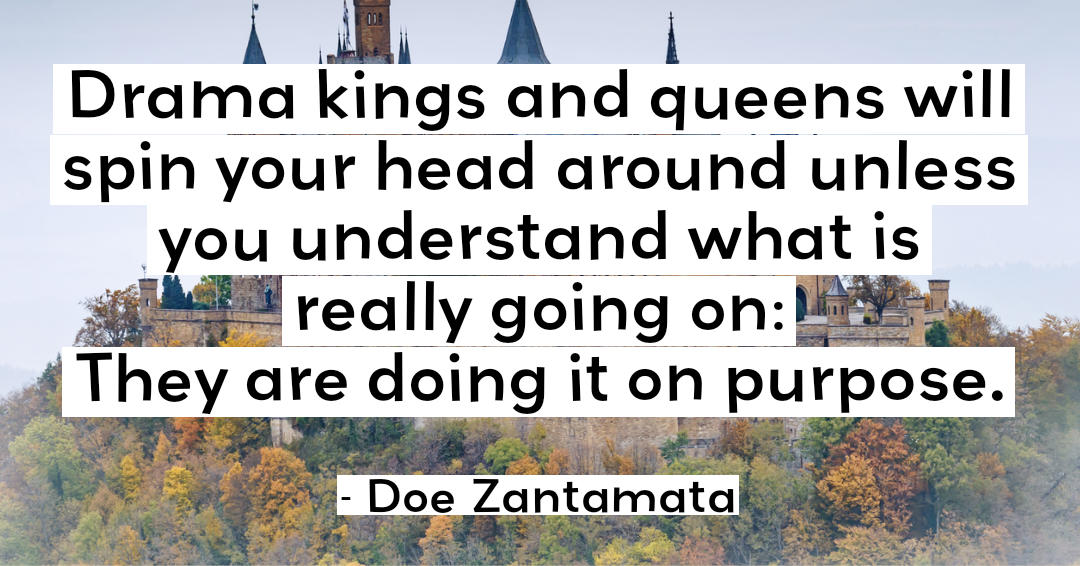What's Their Problem?
When someone tells you their problems, they have shared their pain with you.
How do you best respond?
If you want to help them, respond with what they seek.
Do they want you to:
1. Solve their problems
2. Encourage them
3. Empathize with them
#2 and #3 are your best bets. Often you're only required to listen with compassion and not judge. Even in hearing themselves speak, they're able to see their problems in a safe place with you and can see how they may solve them just by hearing them out loud. Your job may just be good company while they do so.
Now, some people will bring their problems to you and want only for you to "#1. solve them or fix them." This is great and logical if they are 4 years old, but not if they are adults…even if they are your adult children.
You don't want to get into the habit of fixing others problems for them.
If they have trouble standing up for themselves and you don't, it may seem easier to just stand up for them. But what they really need is to be encouraged to stand up for themselves in order to build their own independence and confidence. You can't always be there for them and you really don't want them to be dependent on you for all their problems.
If they are irresponsible with time or money and come to you for rescue, make sure it doesn't become a habit. Set clear boundaries that this is a one time help because you can, not to be a repetitive thing.
This will help them more longer term to realize consequences exist and change their actions beforehand. If you always take away the consequences, there will be no incentive to change their actions and you'll end up on a rescue loop.
Finally, there is no "#4. Dismiss their problems as insignificant." If people want to be heard and are seeking empathy, the worst thing you can do is tell them that others have it worse or to “just let it go.” That dismisses their pain as insignificant or shames them for having pain and expressing it to you at all.
Processing pain has a few steps; awareness, feeling, sorting, and then letting go. To try to skip over the first three is actually the opposite of the encouragement they needed and will more than likely hurt, not help. Encourage them to get it out, feel and sort it, at which point they will be able to let it go themselves.
Ask them to think of,
1. What led to this? (keeping the focus on their actions, not the actions of others) and
2. How can you prevent it from happening again?
Life comes with pain, uncertainty, and lots and lots of lessons. Trying to skip over or pretend pain doesn't exist doesn't fix anything. Staying encouraged and focusing on solutions and resolving painful feelings allows people to move forward, wiser and stronger.
A good friend is there with compassion and encouragement to help a person through those darker times. We all go through them. Getting through that can be a lot tougher alone, or less tough with a good person by their side.
By Doe Zantamata
Author of "Happiness in Your Life, Book One: Karma"













Comments
Post a Comment